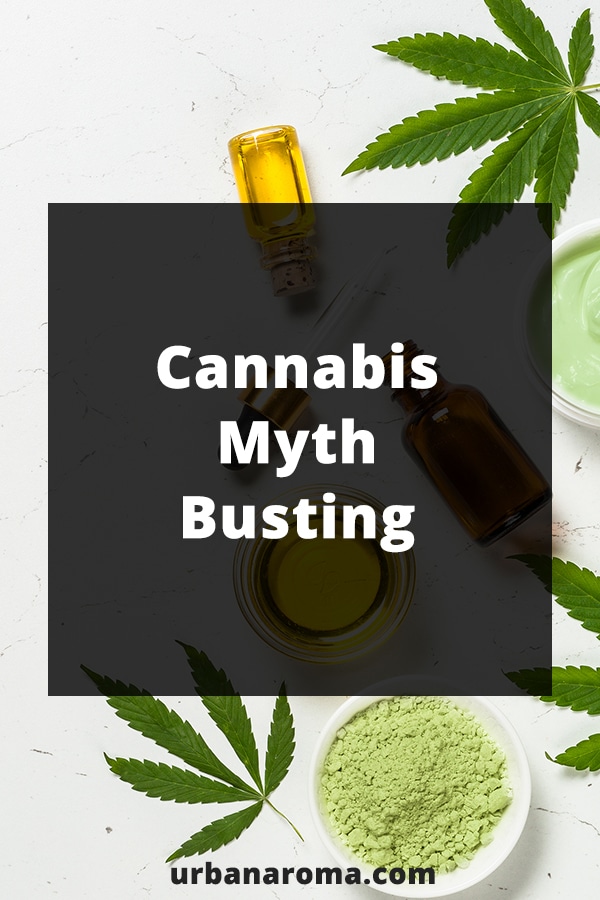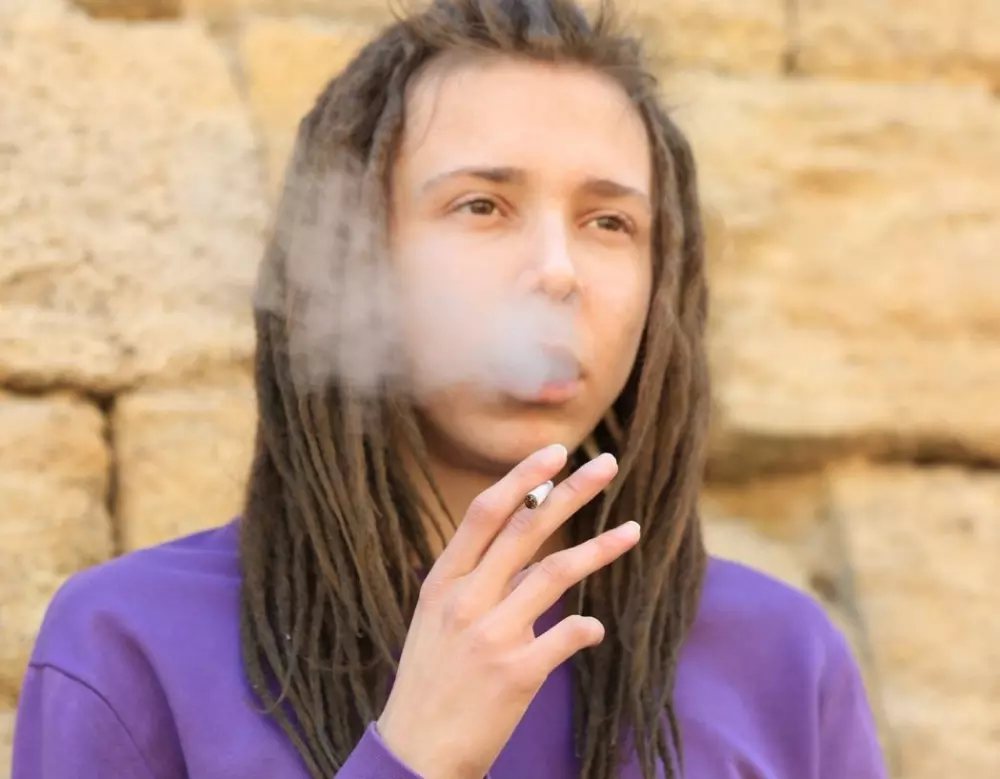Legends, lies and mysteries of stoner culture – busted!
When I first started smoking weed, a friend of mine swore that smoking seeds got her more high. As she puffed on a snack-crackle-popping pipe full of seeds, I asked her where she got this information, and she told me a friend of hers from high school had shared this piece of knowledge with her. She passed me the bowl, and I puffed and coughed as the seeds popped in my face. But I wasn’t really sure I felt more high at all.
You may have heard some wild theories too along your cannabis journey, and with good reason: legends and lore such as these are deeply rooted in Prohibition culture, wherein information was whispered behind closed doors, and many “facts” were simply anecdotal. But we are in a new dawn of cannabis, now afforded the benefit of science, with new advances in testing and research giving us increased insight into the functionality of the cannabis plant.
So, with science on our side, let's take a look at a few popular cannabis myths, and separate fact from fiction.
Canna-Myth #1: CBD Can Reduce Your High
You may have heard that if you consume too much THC, taking some CBD can help you feel less high. Not only does the science not support this canna-myth, it’s a dangerous misconception, as taking CBD when you’re already too high can actually make you more high.
The thinking behind this myth is centered around the way THC and CBD interact with the CB1 receptor. While THC easily “locks in” to this receptor, CBD binds to the side of the receptor, changing its shape, and not allowing THC to bind to the receptor as seamlessly. However, this theory fails to take the entourage effect into consideration, wherein cannabinoids work synergistically to enhance their efficacy. So, if you’ve already consumed THC, consuming CBD on top of that may actually work to enhance the very effects of THC you’re trying to avoid. Some studies have even shown that CBD acts to suppress an enzyme that metabolizes THC, delaying the speed with which your body can make you, well, less high.
This is the one myth, however, that I’ve heard repeated by many friends who are regular cannabis users. They swear by it and have anecdotally experienced great success with it. Whether that can be chalked up to the placebo effect or variances in our own individual endocannabinoid systems, is hard to know, as is much with cannabis that’s yet to be fully explored.
Canna-Myth #2: Mangoes Get You More High
If you’ve been chowing down on mangoes every time you sesh in hopes of maximizing your high, I’ve got good news for you: You’re about to expand your diet beyond the realm of tropical fruit. This is another quasi-science-based canna-myth, rooted in the high myrcene content of mangoes. Myrcene, one of the key terpenes in cannabis, is also found in botanicals like hops and lemongrass, and in cannabis, tends to be found in deeply relaxing, heady varieties.
There is also a theory suggesting that myrcene increases the permeability of the blood-brain barrier, making THC more accessible to the blood stream. Not only is there little evidence to support this theory, the change in uptake would be mostly negligible. When smoked, THC enters the bloodstream almost immediately, so a “faster” uptake caused by mangoes means you’d get high in 4 seconds rather than eight… in theory.
Others have argued that myrcene alone can get you high, due to the way it interacts with the GABA neurotransmitters in the brain, which are synergistic with THC. But in reality, on its own, myrcene has no psychedelic effect; it can enhance the effects of THC, however, and induce a more sedative high, making high-myrcene varieties great for sleep and pain management.
But no matter which theory leads you to believe that mangoes can get you more high, facts are facts: Studies show that mangoes have between .13 – 1.3 mg. myrcene per kilogram of fruit (about 2.2 pounds of fruit!), and that your average quarter gram of cannabis flower contains about 2 mg. of myrcene. You would have to eat a lot of mangoes to feel any of myrcene’s alleged effects, so save yourself a stomachache, and just pack another bowl if you’d like to be more high.
CannaMyth #3: Black Pepper Can Make You Less Paranoid
You may have heard that true stoners keep a handful of black peppercorns in their pockets for a cannabis-overconsumption contingency, because legend has it that munching on some black pepper can calm your nerves if you’re overwhelmed by cannabis-induced anxiety or paranoia. This theory is driven by beta-caryophyllene, the main terpene in black pepper and a key cannabis terpene which is unique because it can actually interact with the endocannabinoid system.
While THC binds to CB1 receptors in the brain and central nervous system to induce its effect, beta-caryophyllene can interact with CB2 receptors throughout the body, specifically working as an anti-inflammatory in the peripheral nervous system. Recent studies have also shown that the CB2 receptor may play a role in regulating anxiety and depression, and that when beta-caryophyllene interacts with the CB2 receptors, stress and anxiety are reduced.
However, despite science indicating beta-caryophyllene may act as an emotional regulator, it is not an automatic “turn-off” switch for anxiety. Individuated endocannabinoid system responses, emotional states, and cannabis tolerances, combined with highly specific timing in order to be effective, firmly places this canna-myth in the "highly unlikely" category. While there are many who anecdotally swear by this, we’ll chalk this up to the placebo effect – or just a good ole’ “reset” caused by the painful flavor of shoveling a bunch of black pepper in your mouth.
The Truth Is Out There
So, no matter what you’ve heard, the truth is, when it comes to cannabis, it’s best to do some research before trying anything that seems dubious. We are living in an exciting time with lots of new science and data coming out, ready to be interpreted and shared by cannabis lovers worldwide, so stay tuned for the next batch of myths to hit this community.
Have you heard of a canna-myth you need to get to the bottom of? Let us know and we’ll debunk it!
Follow Rachel Burkons at @smokesipsavor.

